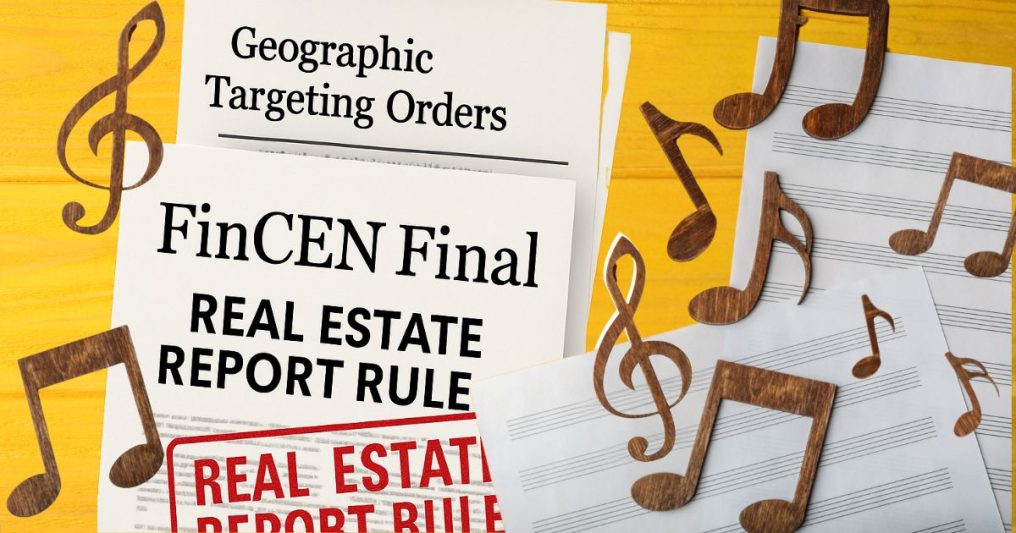By Elyce Schweitzer, Esq., Regulatory Compliance Officer, Alliant National; andValerie J. Grandin, Esq., Sr. Underwriting Counsel Florida and Vice President, Alliant National Here’s a riddle for the title insurance and real estate industries: what does Dolly Parton’s song, “Here You Come Again” have to do with FinCEN, its Geographic Targeting Orders (GTOs), and its Final Real Estate Report Rule (Final …
Unlocking The Power Of AI: Practical And [Mostly] Free Resources For Title Agents
AI is no longer just for tech wizards or sci-fi enthusiasts—it’s here, it’s real, and it promises to make your life as a title agent a whole lot easier. From automating tedious tasks to wowing clients with personalized service, AI is the secret sauce you didn’t know you needed. Here are just some of the ways AI is helping title …
Deepfake Dangers Part 2: How AI Is Fighting the Fraudsters
Deepfakes are a serious threat to our industry; but AI can help us fight back. In my last blog article, I discussed how deepfake fraud is a growing threat in the real estate industry and what you can do to combat it in your workplace. This time, I thought it would be helpful to take a deeper dive into some of …





